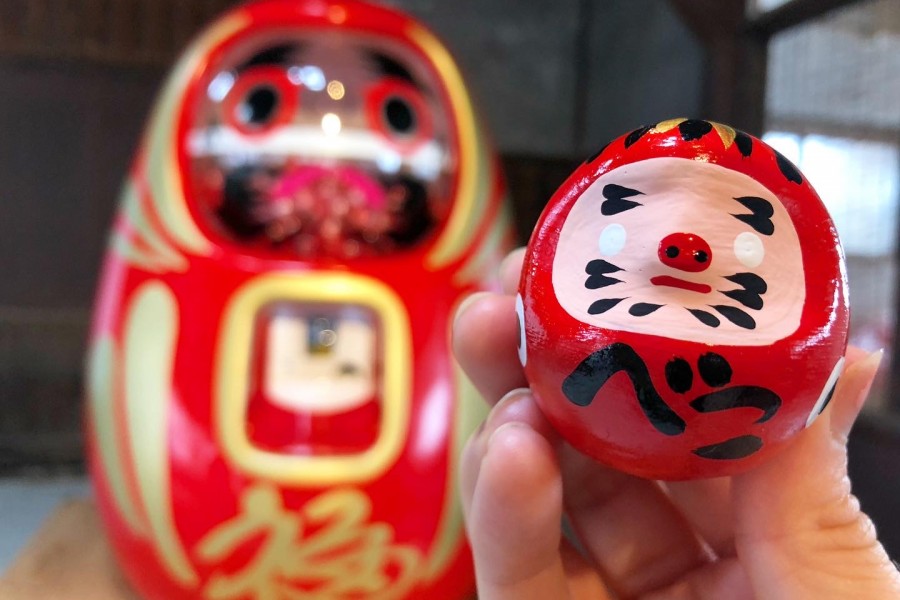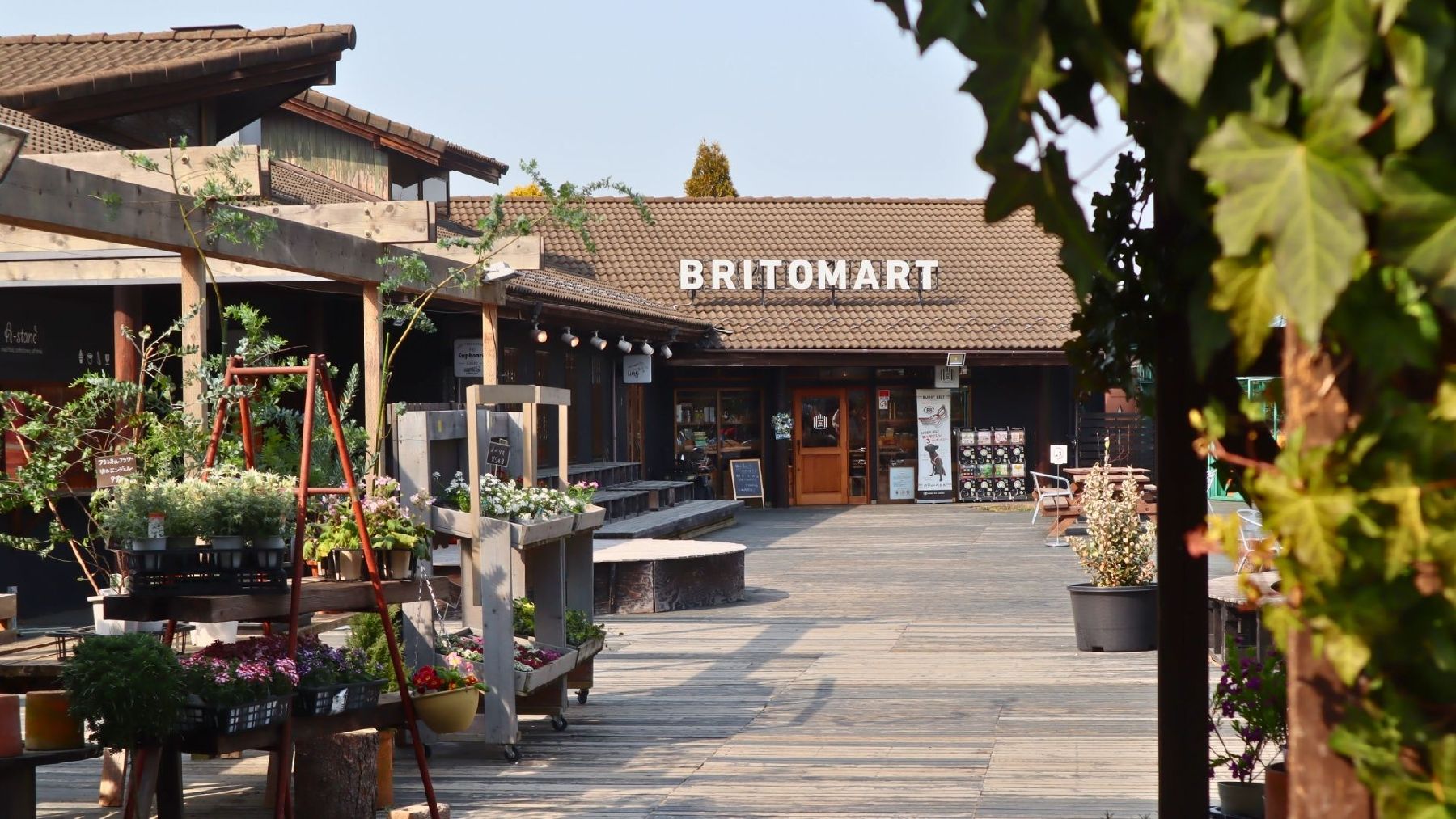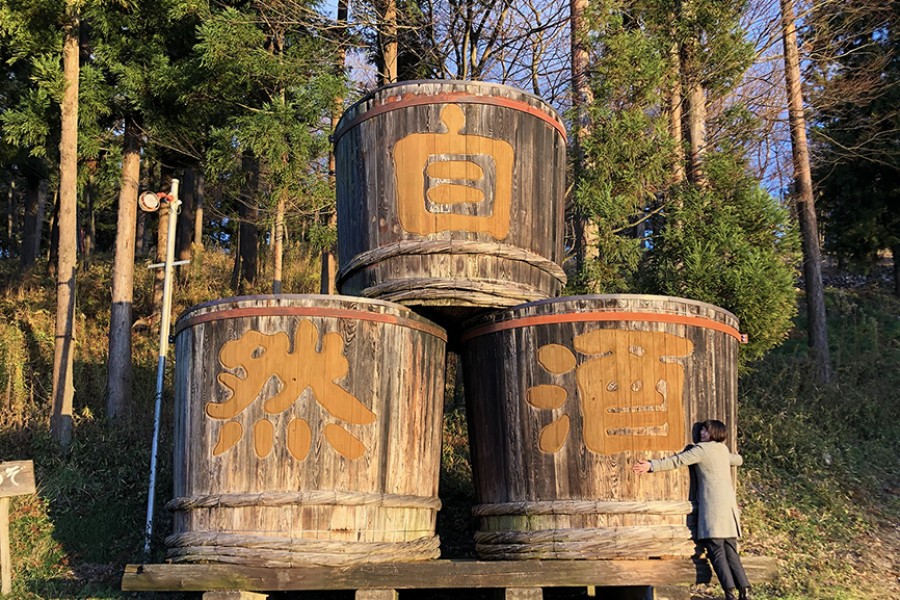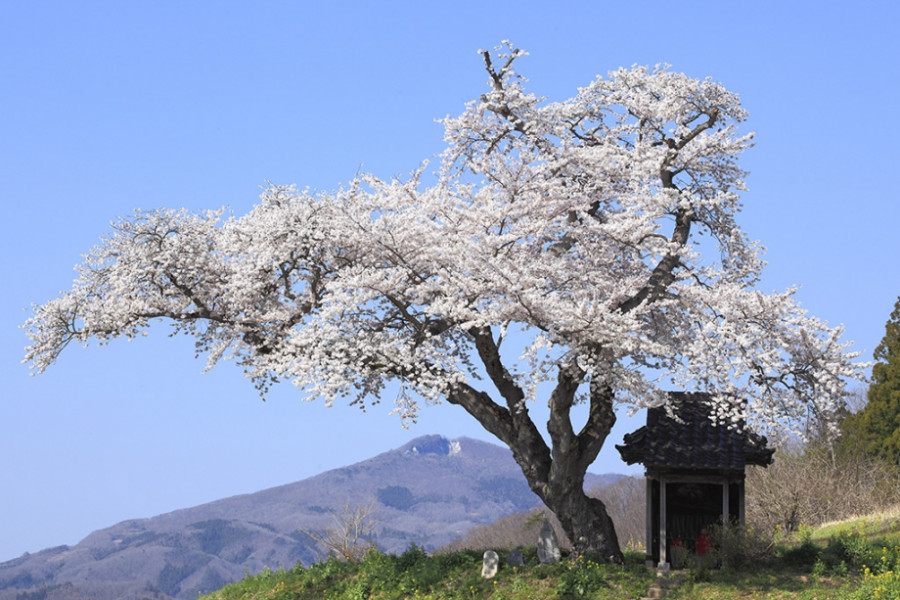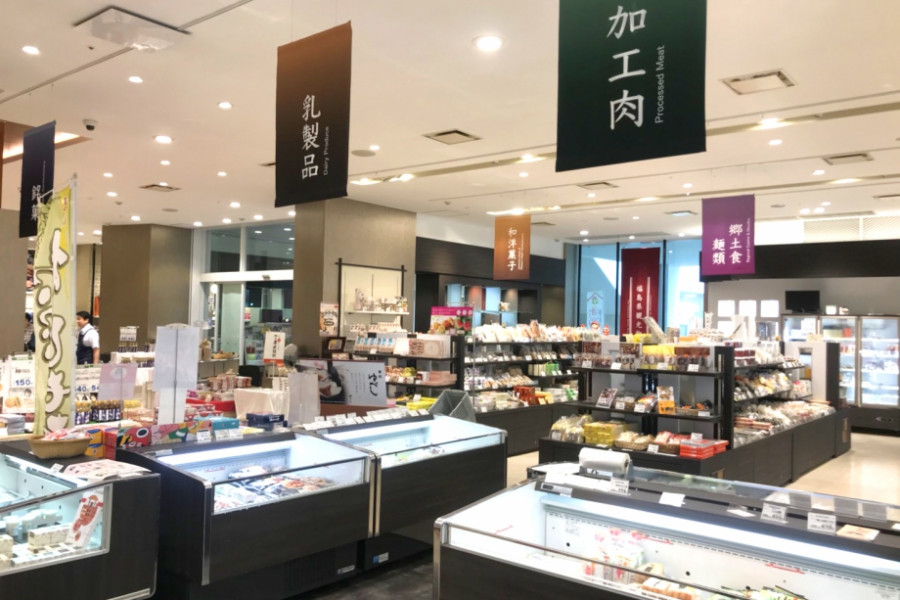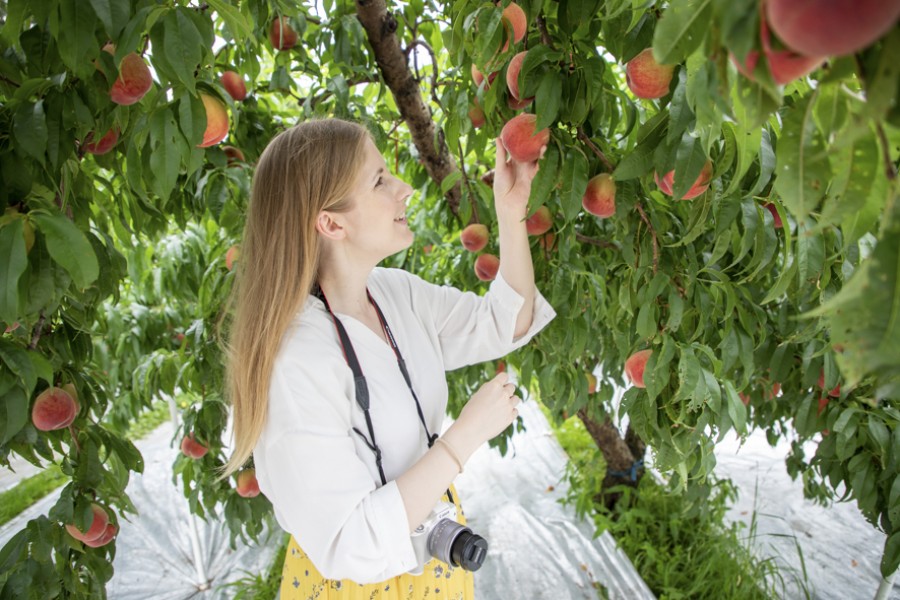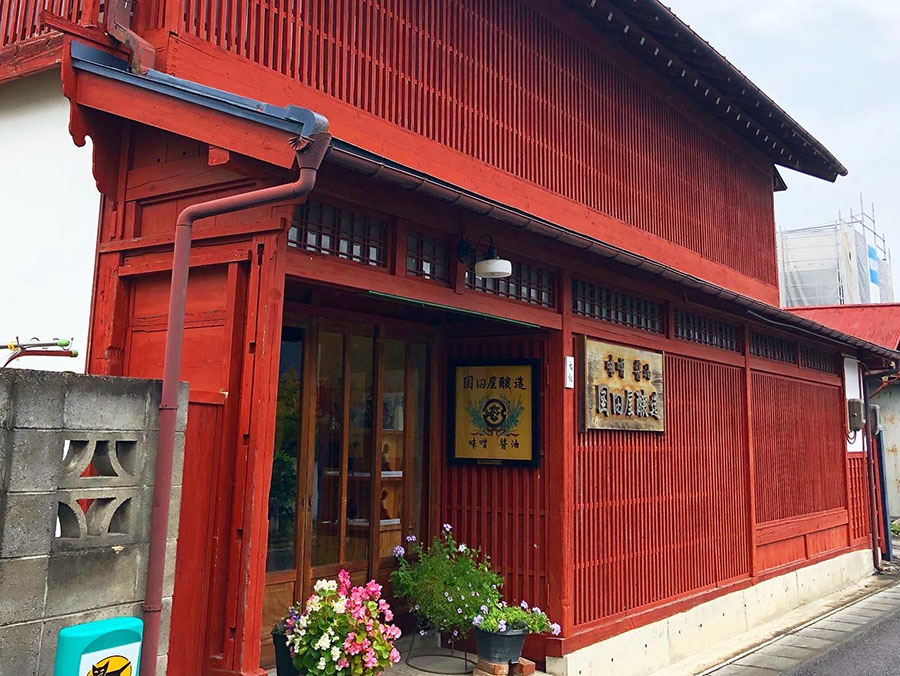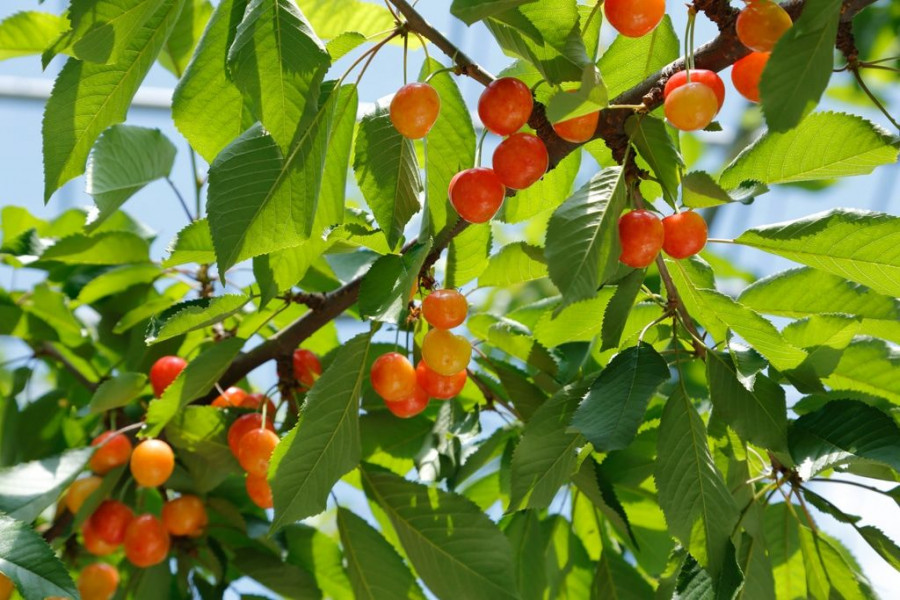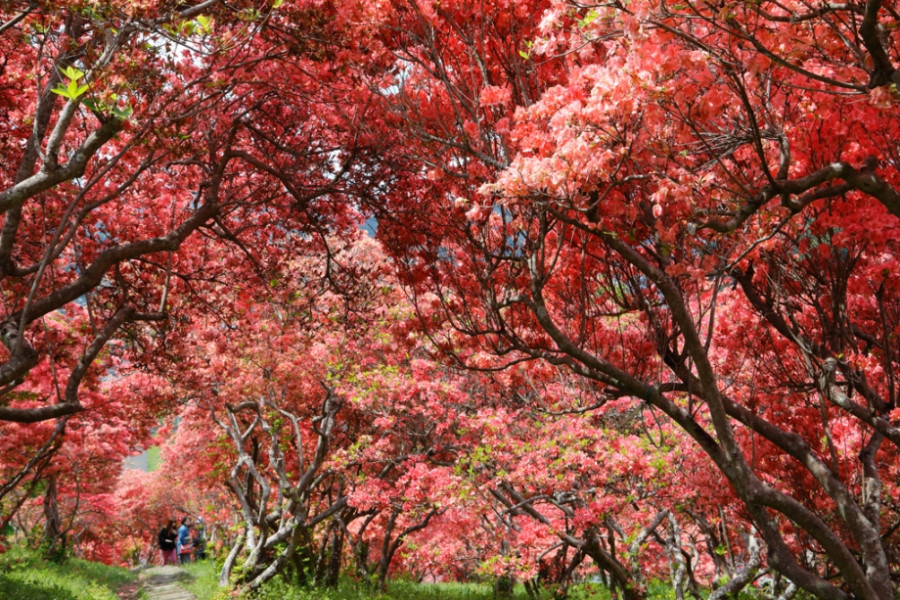
Furoyama Park Yama-tsutsuji (Mountain Rhododendron)
The famous Okukuji Prefectural Nature Park in Ibaraki Prefecture designated Furoyama Park as a top Green Spot of Fukushima. Furoyama Park is famous for its yama-tsutsuji (mountain rhododendron), which come into bloom from late April through to early May. There are around 3,000 rhododendron plants which cover the park in deep shades of red. Climb halfway up the hill to gain a great view of the town.
